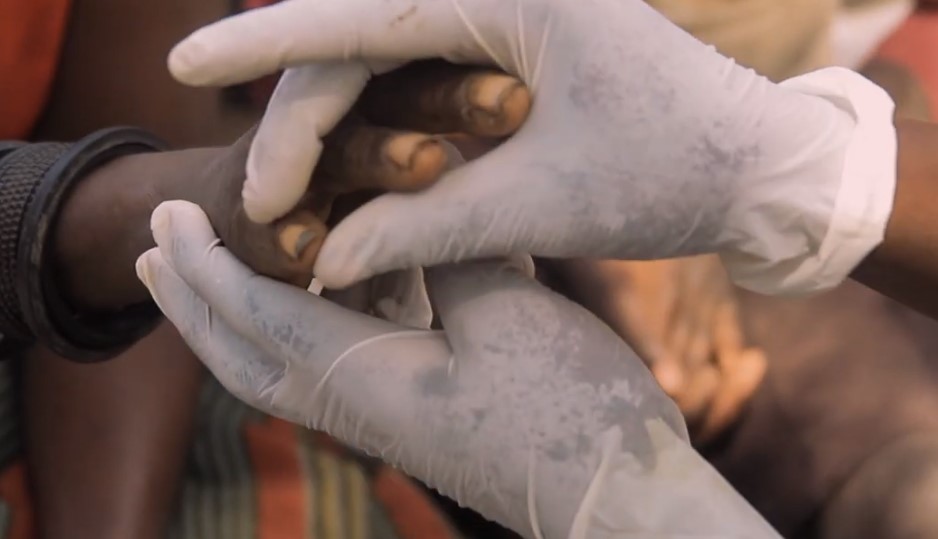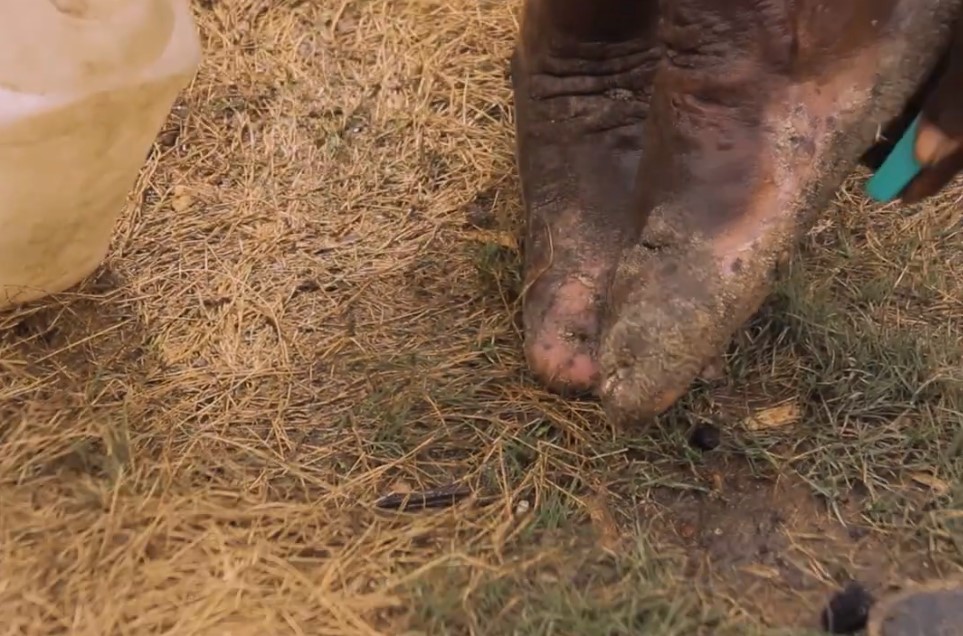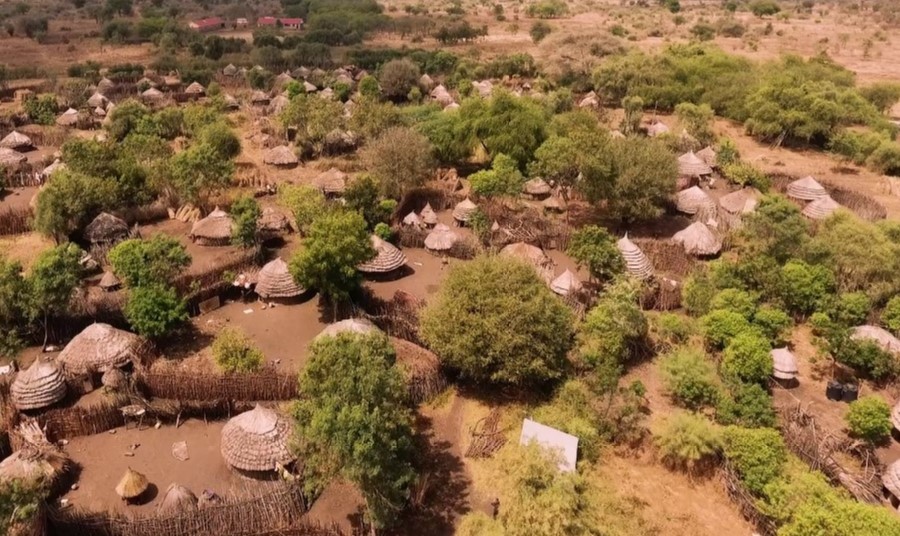NTDs, or Neglected Tropical Diseases, refer to a group of infectious diseases that primarily affect populations in tropical and subtropical regions. These diseases are termed “neglected” because they disproportionately impact marginalized and impoverished communities, often lacking the attention and resources necessary for effective prevention and treatment.
NTDs are typically associated with poor sanitation, inadequate access to clean water, and insufficient healthcare infrastructure.
Here are specific diseases that are included in the World Health Organization’s (WHO) list of prioritized diseases for treatment and prevention:
- Rabies: A viral infection that affects the central nervous system. It is usually transmitted through the bite of an infected animal and is fatal if not treated promptly.
- Elephantiasis (Lymphatic Filariasis): Caused by parasitic worms transmitted by mosquitoes, it leads to the obstruction of the lymphatic system, resulting in swelling and thickening of the skin, especially in the limbs.
- Soil-borne Helminthiasis: This term encompasses several parasitic infections caused by helminths (worms) that infect humans through contaminated soil. It includes diseases such as hookworm infection, roundworm infection, and whipworm infection.
- Trachoma: A bacterial infection of the eye caused by Chlamydia trachomatis, it is a leading cause of preventable blindness worldwide.
- Sleeping Sickness (Human African Trypanosomiasis): A parasitic infection transmitted by the tsetse fly, it affects the central nervous system and can be fatal if not treated.
- River Blindness (Onchocerciasis): Caused by a parasitic worm transmitted by black flies, it can lead to skin and eye problems, including blindness.
- Guinea Worm Disease (Dracunculiasis): Caused by the Guinea worm, it is contracted by drinking water contaminated with infected copepods. The worm grows inside the body and can cause painful skin blisters.
- Schistosomiasis: A parasitic infection caused by trematode worms, it is acquired through contact with contaminated freshwater. It can lead to chronic organ damage.
- Leishmaniasis: Caused by parasites of the Leishmania genus and transmitted by sandflies, it can manifest in various forms, affecting the skin, mucous membranes, and internal organs.
- Yaws: A bacterial infection that affects the skin, bones, and joints. It is transmitted through direct contact with infected individuals.
These diseases are often targeted for intervention and control programs due to their impact on public health and the socio-economic well-being of affected communities. The WHO, in collaboration with various partners, implements strategies to prevent, control, and treat these neglected tropical diseases.




Leave a Reply